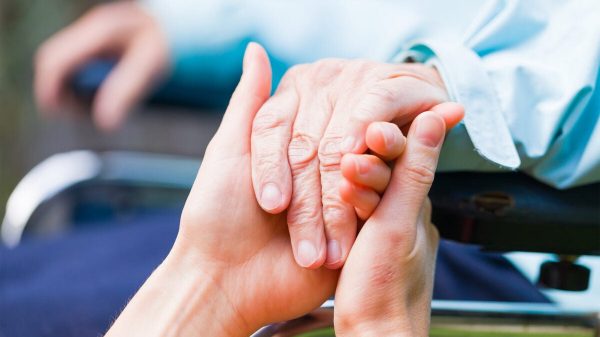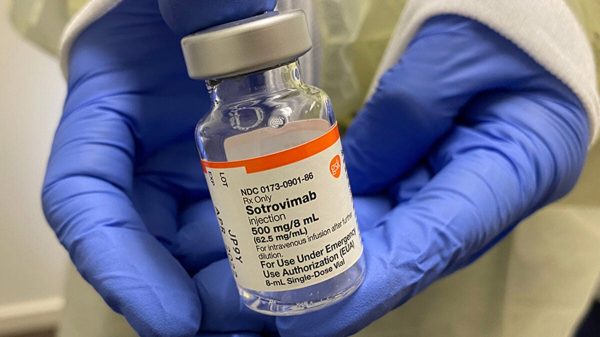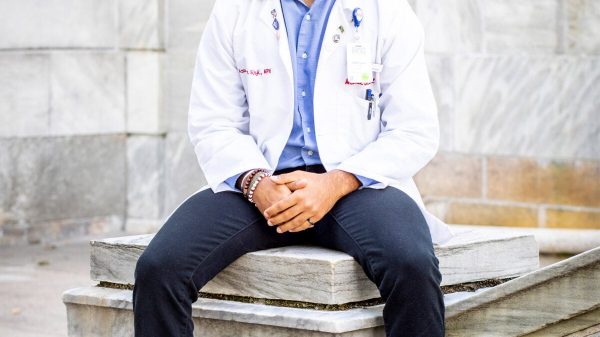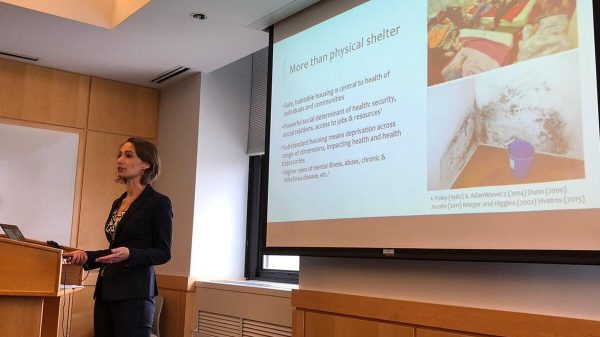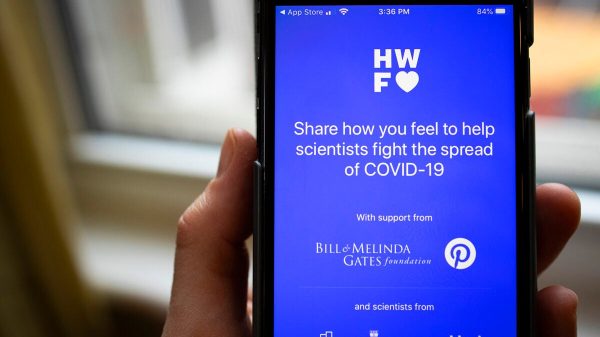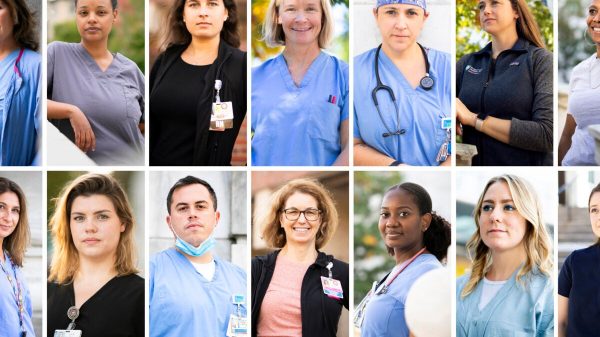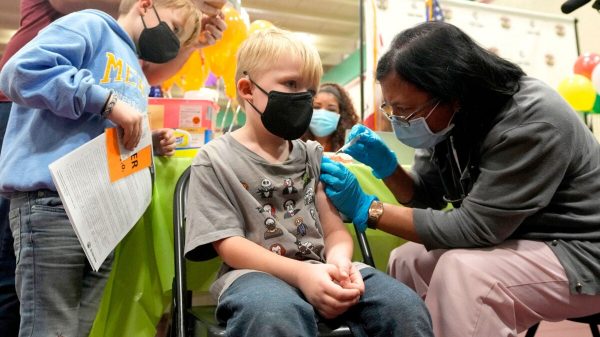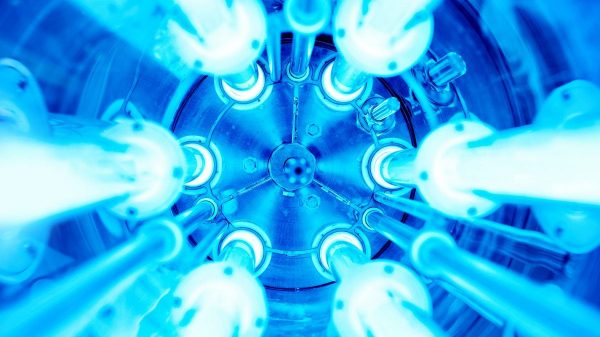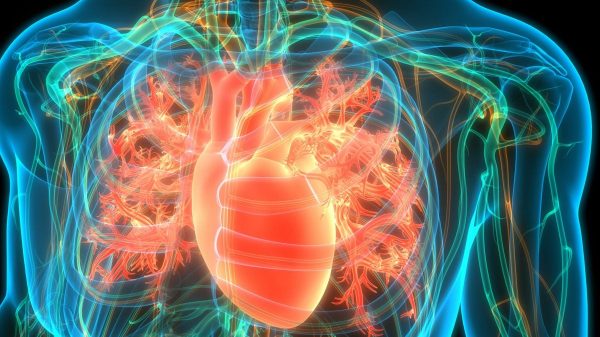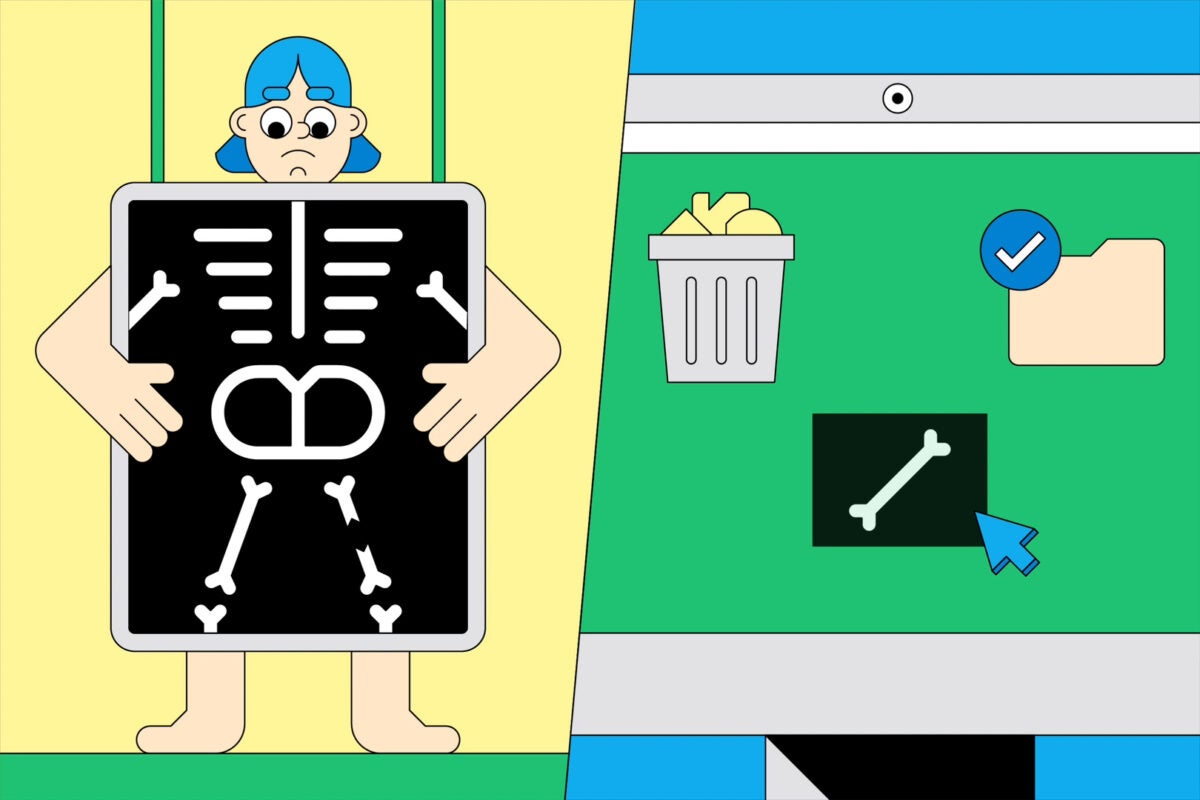Third in a series that taps the expertise of the Harvard community to examine the promise and potential pitfalls of the coming age of artificial intelligence and machine learning.
The news is bad: “I’m sorry, but you have cancer.”
Those unwelcome words sink in for a few minutes, and then your doctor begins describing recent advances in artificial intelligence, advances that let her compare your case to the cases of every other patient who’s ever had the same kind of cancer. She says she’s found the most effective treatment, one best suited for the specific genetic subtype of the disease in someone with your genetic background — truly personalized medicine.
And the prognosis is good.
It has taken time — some say far too long — but medicine stands on the brink of an AI revolution. In a recent article in the New England Journal of Medicine, Isaac Kohane, head of Harvard Medical School’s Department of Biomedical Informatics, and his co-authors say that AI will indeed make it possible to bring all medical knowledge to bear in service of any case. Properly designed AI also has the potential to make our health care system more efficient and less expensive, ease the paperwork burden that has more and more doctors considering new careers, fill the gaping holes in access to quality care in the world’s poorest places, and, among many other things, serve as an unblinking watchdog on the lookout for the medical errors that kill an estimated 200,000 people and cost $1.9 billion annually.
“I’m convinced that the implementation of AI in medicine will be one of the things that change the way care is delivered going forward,” said David Bates, chief of internal medicine at Harvard-affiliated Brigham and Women’s Hospital, professor of medicine at Harvard Medical School and of health policy and management at the Harvard T.H. Chan School of Public Health. “It’s clear that clinicians don’t make as good decisions as they could. If they had support to make better decisions, they could do a better job.”
Years after AI permeated other aspects of society, powering everything from creepily sticky online ads to financial trading systems to kids’ social media apps to our increasingly autonomous cars, the proliferation of studies showing the technology’s algorithms matching the skill of human doctors at a number of tasks signals its imminent arrival.
“I think it’s an unstoppable train in a specific area of medicine — showing true expert-level performance — and that’s in image recognition,” said Kohane, who is also the Marion V. Nelson Professor of Biomedical Informatics. “Once again medicine is slow to the mark. I’m no longer irritated but bemused that my kids, in their social sphere, are using more advanced AI than I use in my practice.”
But even those who see AI’s potential value recognize its potential risks. Poorly designed systems can misdiagnose. Software trained on data sets that reflect cultural biases will incorporate those blind spots. AI designed to both heal and make a buck might increase — rather than cut — costs, and programs that learn as they go can produce a raft of unintended consequences once they start interacting with unpredictable humans.
“I think the potential of AI and the challenges of AI are equally big,” said Ashish Jha, former director of the Harvard Global Health Institute and now dean of Brown University’s School of Public Health. “There are some very large problems in health care and medicine, both in the U.S. and globally, where AI can be extremely helpful. But the costs of doing it wrong are every bit as important as its potential benefits. … The question is: Will we be better off?”
Many believe we will, but caution that implementation has to be done thoughtfully, with recognition of not just AI’s strengths but also its weaknesses, and taking advantage of a range of viewpoints brought by experts in fields outside of medicine and computer science, including ethics and philosophy, sociology, psychology, behavioral economics, and, one day, those trained in the budding field of machine behavior, which seeks to understand the complex and evolving interaction of humans and machines that learn as they go.










